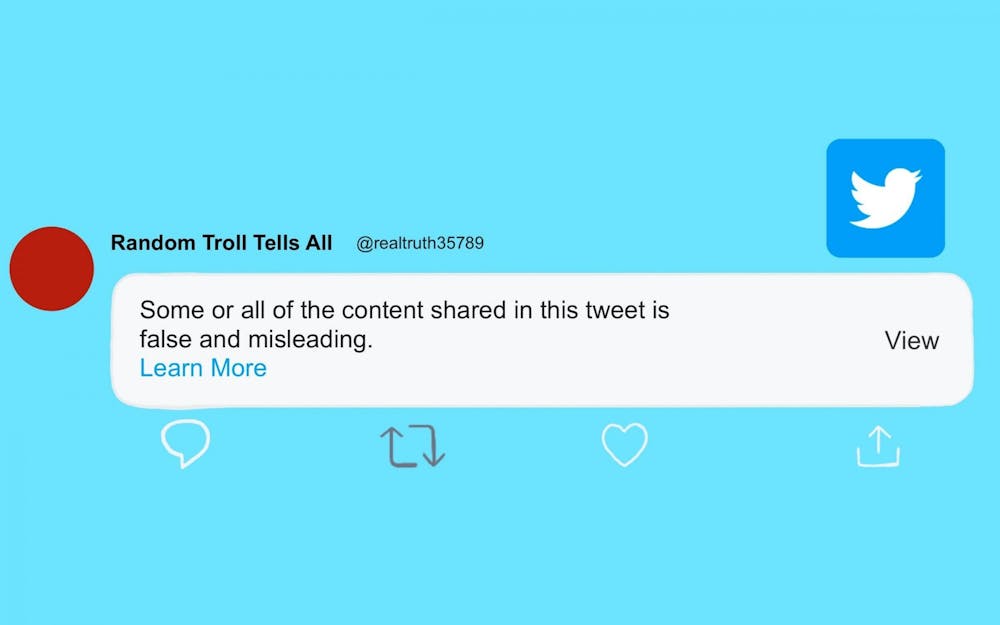Russia invaded Ukraine on Feb. 24 Eastern European Standard Time, and, as per usual, Twitter went crazy. Suddenly, everyone was either an expert on international relations or was spreading false narratives about the conflict — especially those extremely distanced from it. One Ukraine native took to Twitter to criticize the people who were “coping” with the thought of World War III while others’ lives were and are still in danger.
Unfortunately, this critique of the chaos that ensues in times of international crisis is rather uncommon. While concern is valid, uncontrollably sharing uninformed opinions isn’t.
It’s easy to feel like we need to have an opinion on everything, whether we’re young adults in higher education or have years of life experience. But, we don’t have to — especially if that opinion is unknowledgeable.
I understand the desire to have an opinion. When something important such as the war in Ukraine or COVID-19 comes up in conversation, it’s normal to want to be able to relate to other opinions. When it’s what everyone on campus is talking about, we want to fit in.
But when these opinions are uninformed, it does more harm than good. An ignorant opinion is dangerous and can be the product of misinformation, disinformation or it can be completely conspiratorial.
Though it’s possible the person who holds the uneducated perspective is unaware of its falsehood, that doesn’t stop its propensity to go viral. Psychologically, misinformation is more attractive because it’s something people wanted to believe in the first place.
A falsehood can spread from person to person, creating an echochamber of sorts. In a digital space, it can be even more harmful. These distortions are 70% more likely to be retweeted and spread six times faster.
Releasing ourselves from these echo chambers seems difficult, but I’d argue the solution is quite simple. If you don’t have something informative to share, don’t share anything. If you aren’t spreading awareness, don’t spread anything.
In our day-to-day lives, it’s easy to not think twice about the information we’re consuming. But in a matter of a few seconds, we can see a seemingly informative post about how to help Ukraine and add it to our story for all of our followers to see. We can see an intriguing Tweet about mask mandates and retweet it. We can hear something in passing and tell the next person we see about it.
Though none of these actions are inherently bad, they aren’t always the most thought out. The fact of the matter is if we don’t know what we’re talking about, then we don’t need to talk.
If you want to be involved, do research. Running a fact-check and doing a bit of digging before you share something to your feed is so simple. The share button is a click away, but so is the Google search bar.
International crises are already chaotic enough. Those immediately affected have enough information to sift through. Sometimes the best thing the average person can do is simply spread awareness.
If you’re not an epidemiologist, don’t act like one regarding COVID-19. If you’re not a political scientist, don’t act like one when it comes to the Russian invasion. Stay as informed as you can but understand that it’s OK to not know it all.
Elizabeth Valadez (she/her) is a freshman studying English and political science. She is a member of Chi Alpha.




